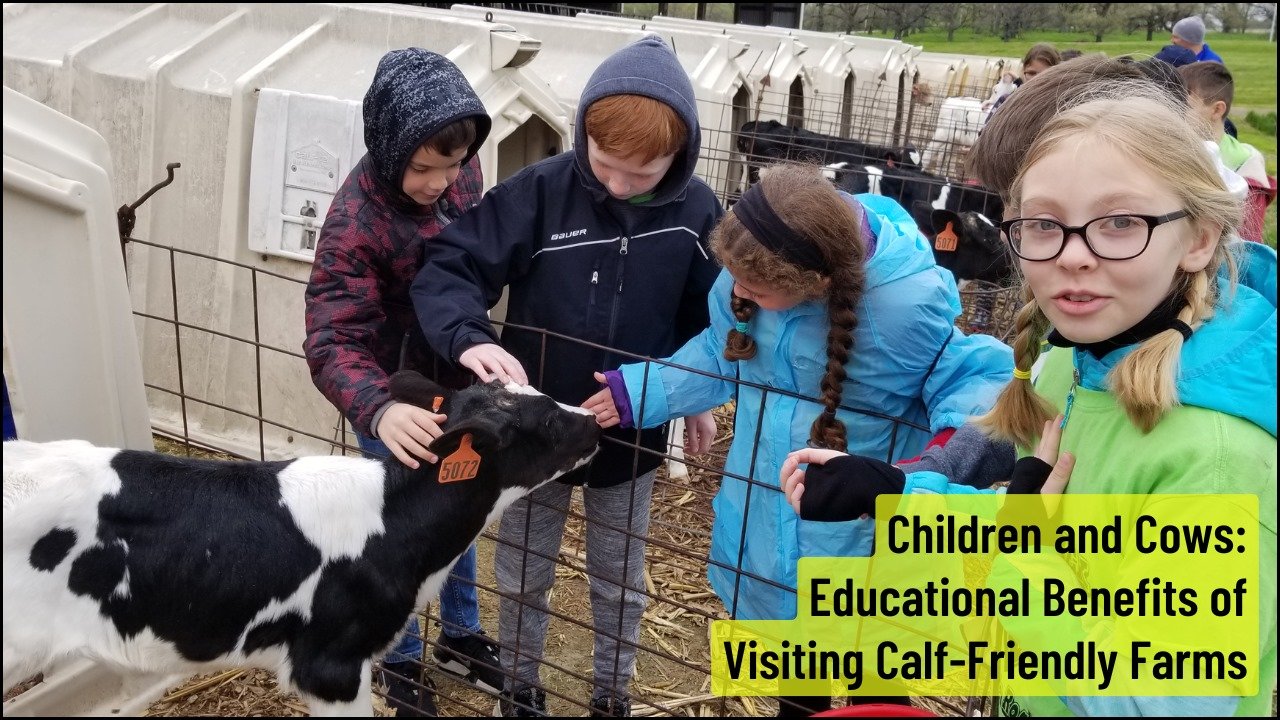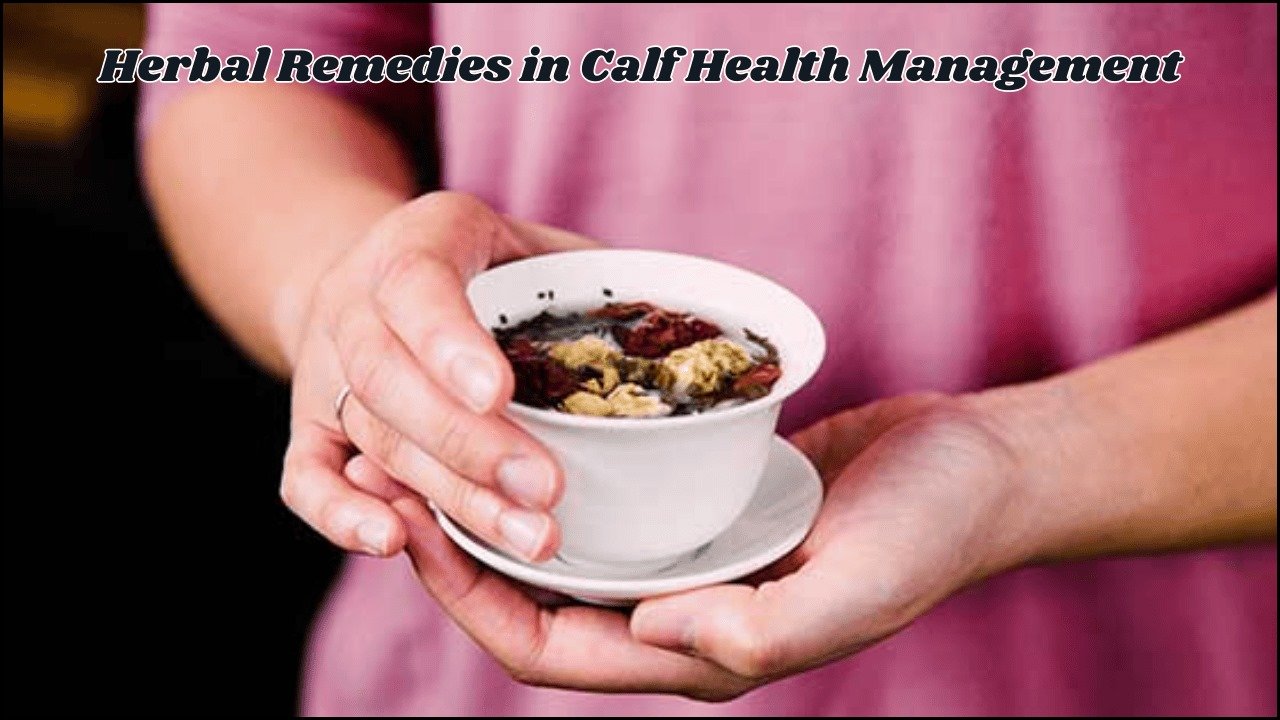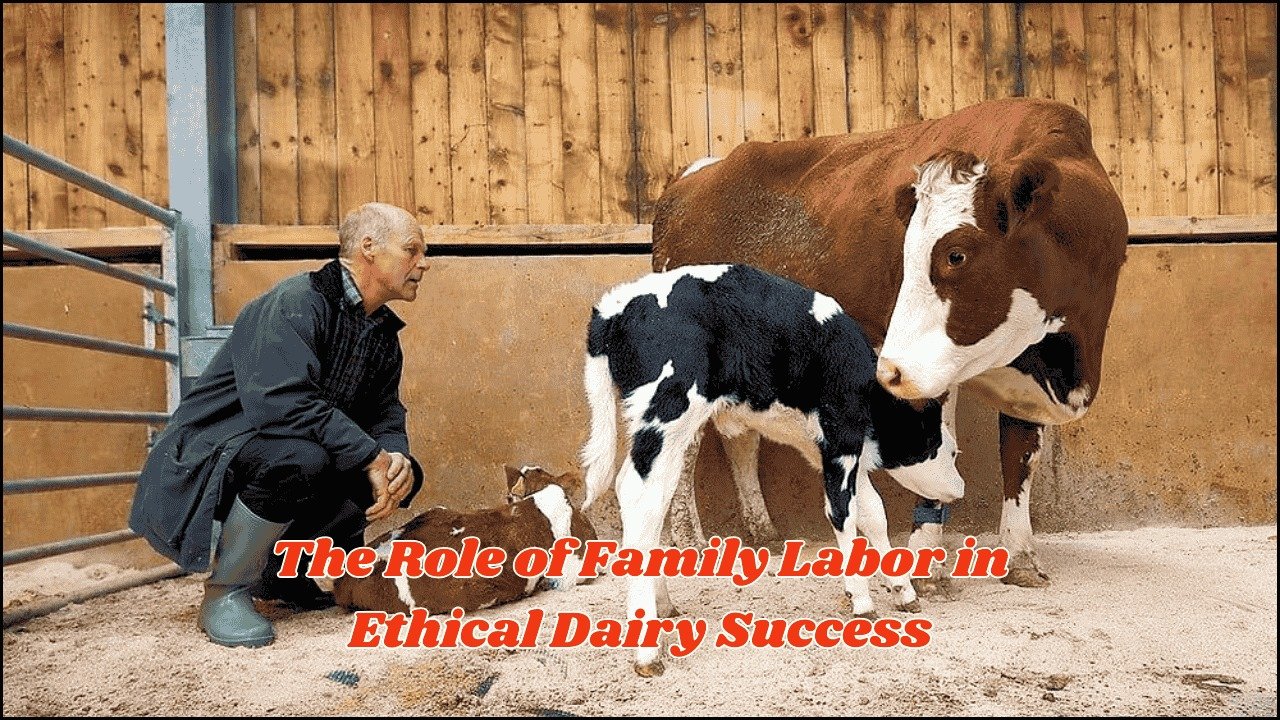
Ethical dairies are gaining recognition as more consumers demand transparency, sustainability, and animal welfare in the products they purchase. For many small and medium-sized dairies, the next big step in growth is securing partnerships with premium supermarkets and specialty retailers.
These retailers cater to a customer base that values quality over quantity and is often willing to pay higher prices for ethically sourced products. However, attracting such partnerships requires careful planning, robust standards, and a compelling story.
Table of Contents
Overview
| Focus Area | How It Helps Secure Retail Partnerships |
|---|---|
| Brand Storytelling | Builds consumer loyalty and differentiates products |
| Certifications | Provides third-party proof of ethical standards |
| Value-Added Products | Appeals to customers seeking uniqueness and quality |
| Sustainability Reporting | Aligns with retailer ESG and climate commitments |
| Networking with Buyers | Creates trust and opens partnership opportunities |
| Reliable Supply Chain | Ensures retailers can depend on product availability |
Understanding the Premium Market
High-end retailers differentiate themselves by offering products that meet consumer expectations in three key areas: quality, sustainability, and authenticity. Ethical dairies that can demonstrate excellence in these areas stand a strong chance of being noticed.
Shoppers in this segment are not just buying milk, cheese, or yogurt—they’re buying into a philosophy. That means dairies must communicate their values clearly, from pasture-based grazing and reduced carbon emissions to animal welfare practices and community engagement.
Strategies for Attracting Retail Partnerships
Build a Strong Brand Story
Premium retailers are drawn to brands that can tell an authentic story. Ethical dairies should highlight their commitment to animal welfare, regenerative farming practices, and reduced environmental impact. Case studies, testimonials, and transparent reporting can reinforce credibility.
Achieve Recognised Certifications
Certification is a fast track to trust. Labels such as Soil Association Organic, Red Tractor Assurance, or animal welfare certifications signal quality and accountability. Many high-end supermarkets look for these badges as proof that suppliers meet rigorous standards.
Develop Unique Value-Added Products
While basic dairy products are important, premium retailers often look for differentiated items. Examples include artisan cheeses, organic flavored yogurts, or specialty butters made with traditional methods. Limited edition or locally inspired products can further boost appeal.
Demonstrate Sustainability Metrics
Retailers increasingly expect suppliers to align with sustainability goals. Ethical dairies should track and share metrics on carbon footprint reduction, renewable energy use, water conservation, and packaging innovations. Clear data helps retailers justify premium shelf space.
Build Relationships with Buyers
Networking is key. Attending trade fairs, food exhibitions, and agricultural showcases offers opportunities to connect directly with buyers from premium supermarkets and specialty shops. Strong personal relationships often open doors more quickly than cold pitches.
Ensure Supply Chain Reliability
Premium retailers need consistent supply. Even the most ethical dairy will struggle to secure long-term partnerships if it cannot guarantee reliable delivery volumes and schedules. Working with logistics partners and forecasting demand accurately is crucial.
Case for Ethical Dairies in Premium Retail
High-end supermarkets and specialty stores are constantly looking for products that can elevate their brand. Ethical dairies have a natural advantage because they combine authentic farming traditions with modern consumer expectations.
For instance, a premium retailer stocking milk from a regenerative dairy farm can market it as not only fresh but also environmentally responsible. Similarly, artisan cheeses from pasture-raised cows tell a story that resonates strongly with urban consumers seeking to reconnect with rural authenticity.
By aligning with these expectations, ethical dairies position themselves not as commodity suppliers but as partners in delivering premium food experiences.
Government Support and Guidance
Dairies aiming to expand into retail partnerships can also benefit from government resources. In the UK, the Department for Environment, Food & Rural Affairs (DEFRA) provides guidance on farming standards, animal welfare, and sustainable practices, which can strengthen a dairy’s case when pitching to premium supermarkets.
For official resources, visit DEFRA’s farming and food production guidance.
Looking Ahead
As consumer demand for ethical and sustainable food grows, premium retailers are becoming key allies for ethical dairies. By building a strong identity, achieving certifications, and demonstrating measurable sustainability, dairies can not only gain retail partnerships but also create long-term brand loyalty.
The path may be challenging, but it offers immense rewards—higher margins, broader market reach, and the satisfaction of knowing that ethical farming practices are valued and rewarded.
FAQs
1. Why are premium retailers interested in ethical dairies?
A = Because consumers increasingly demand sustainability, quality, and authenticity, retailers see ethical dairies as a way to meet these expectations.
2. Do certifications really matter for securing partnerships?
A = Yes. Certifications like Soil Association or Red Tractor provide credible proof of quality and ethical standards, which premium retailers value highly.
3. How can small dairies compete with large producers for premium shelf space?
A = By focusing on unique products, strong storytelling, and niche markets, smaller dairies can stand out despite limited scale.





